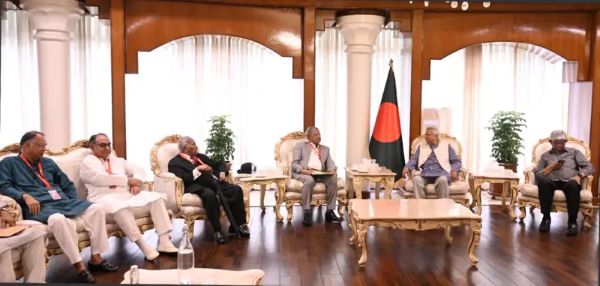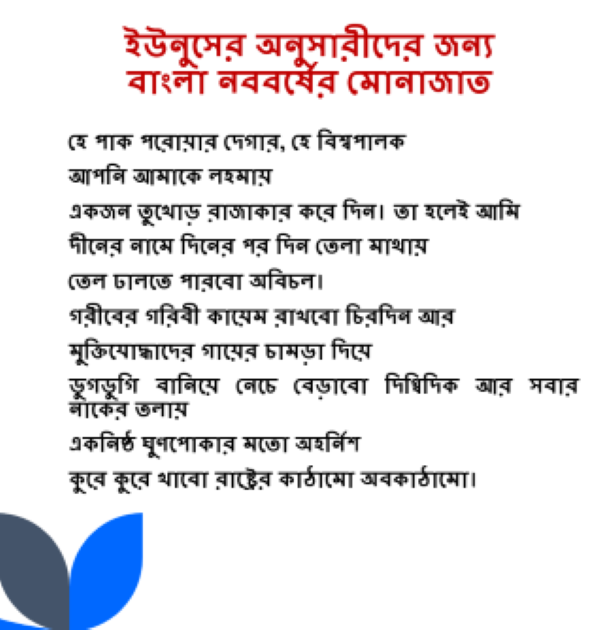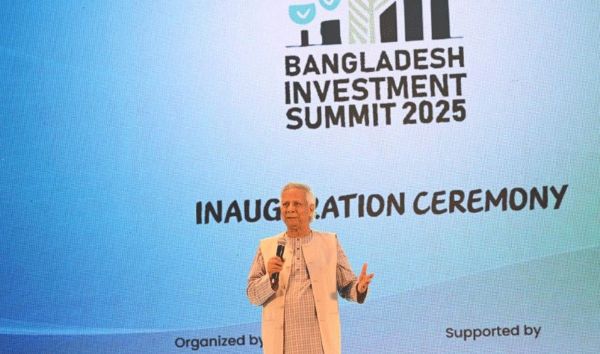
..
The fate of Bangladesh
Many questions loom over Bangladesh following the recent surge of violence, the departure of its leader Sheikh Hasina, the military’s takeover, and the appointment of Professor Muhammad Yunus, now 84, to form an interim government until new general elections are held.
Perhaps the most pressing of these questions is whether Yunus can establish a fair democratic system and return the country to a state of law, order, and independent institutions.
The expectations placed on Yunus are undeniably high. He is supported by a team of advisers who include students, human rights activists, university professors, lawyers, and civil society figures.
However, the challenges ahead are daunting, weighed heavily by the fact that his government lacks both teeth and constitutional legitimacy.
Bangladesh is mired in severe political division and conflicting ideologies. Its economy teeters on the edge, plagued by inflation and unemployment, while internal security is volatile, especially following recent shameful attacks on Hindu and Buddhist minorities. Its major political factions—the Bangladesh Nationalist Party, led by Khaleda Zia, the widow of former military president Ziaur Rahman, and the Jamaat-e-Islami party with its Islamist leanings—are poised to resume their old patterns of tyranny, corruption, exploitation, discrimination, and revenge.
They seem to believe that the absence of the Awami League, the party that led the country to independence from Pakistan in 1971, has cleared the path for their return to power. Meanwhile, the nation’s youth, comprising about 40% of the 170 million-strong population, await their share of power, having been the driving force behind the recent changes and bearing the brunt of the sacrifices.
The inclusion of just two young individuals—Nahid Islam and Asif Mahmud—in Yunus’s government lineup is deemed insufficient by many. Other questions circulating in Bangladesh today concern the promised forthcoming elections.
These include: When will the next elections be held? Who will ensure their integrity? Will the party of the ousted president be allowed to participate? Is it possible to set the date within the constitutional 90-day deadline, or should there be a postponement for a more extended period?
Experts familiar with Bangladesh’s tumultuous political landscape argue that constitutional reform is paramount for the interim government, whether through drafting a new constitution or amending the one issued in 2011.
However, this presents a conundrum as an interim government altering the constitution is inherently unconstitutional, given that the 2011 constitution does not provide for an interim or caretaker government in any of its articles.
Moreover, any new constitution, or even an amendment, would require parliamentary approval—and Bangladesh currently lacks a functioning parliament. Debate rages over the 90-day deadline for holding elections.
One camp supports adhering to this timeline out of fear that the military may become entrenched in power if it persists too long. Another camp believes that 90 days is insufficient to adequately prepare the country for true democracy, capable of staving off a return to autocracy, especially given the existing political, economic, and security chaos. They argue more time is needed to undertake necessary reforms and restore the independence of vital institutions.
Regarding the participation of the Awami League in the elections, constitutional experts warn that excluding the party would be disastrous—both unconstitutional and undemocratic—likely leading to trouble and unrest given its significant popularity and historical legitimacy.
Nonetheless, some suggest that Sheikh Hasina’s return to lead the Awami League in any elections could predictably result in her victory. This could trigger a renewed clash with her arch-rival Khaleda Zia and other hardline Islamist opponents, essentially resetting the cycle of conflict.
While these and other questions remain unresolved, Bangladeshis watch the unfolding developments in their country with significant caution, dreading a relapse into the turmoil of the past.
Bangladesh has a history of popular uprisings against autocratic regimes, which have repeatedly culminated in the ousting of those governments only to see them replaced by other administrations that also fell short of meeting the people’s aspirations.
(Source: The Media Line-An American news agency covering the Middle East)



